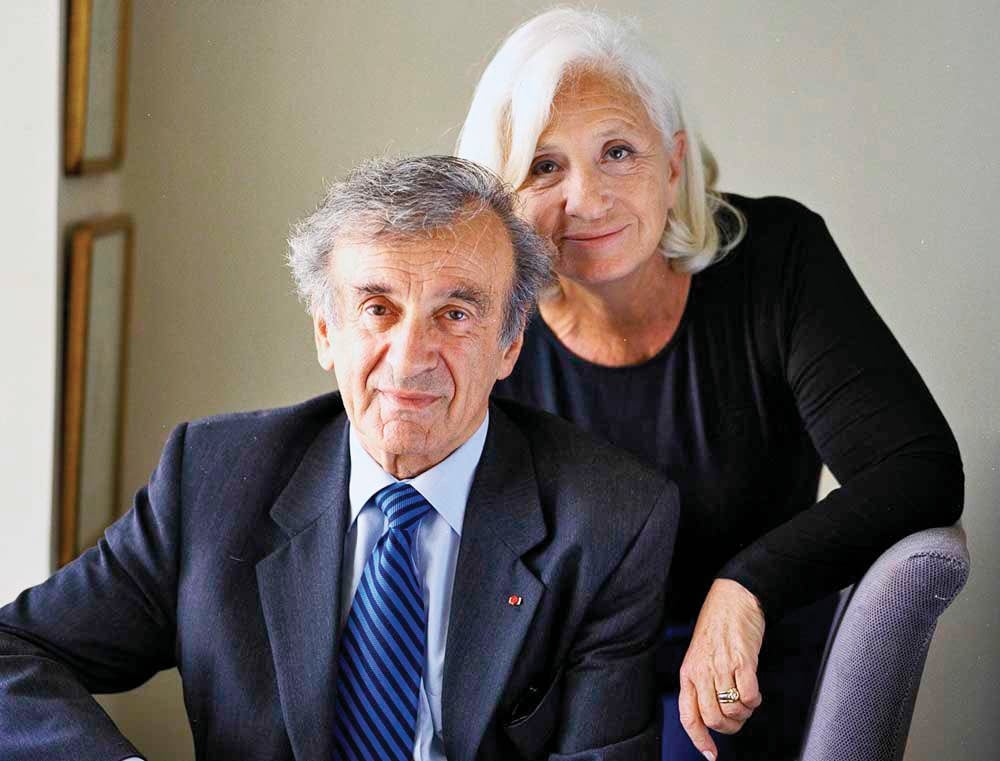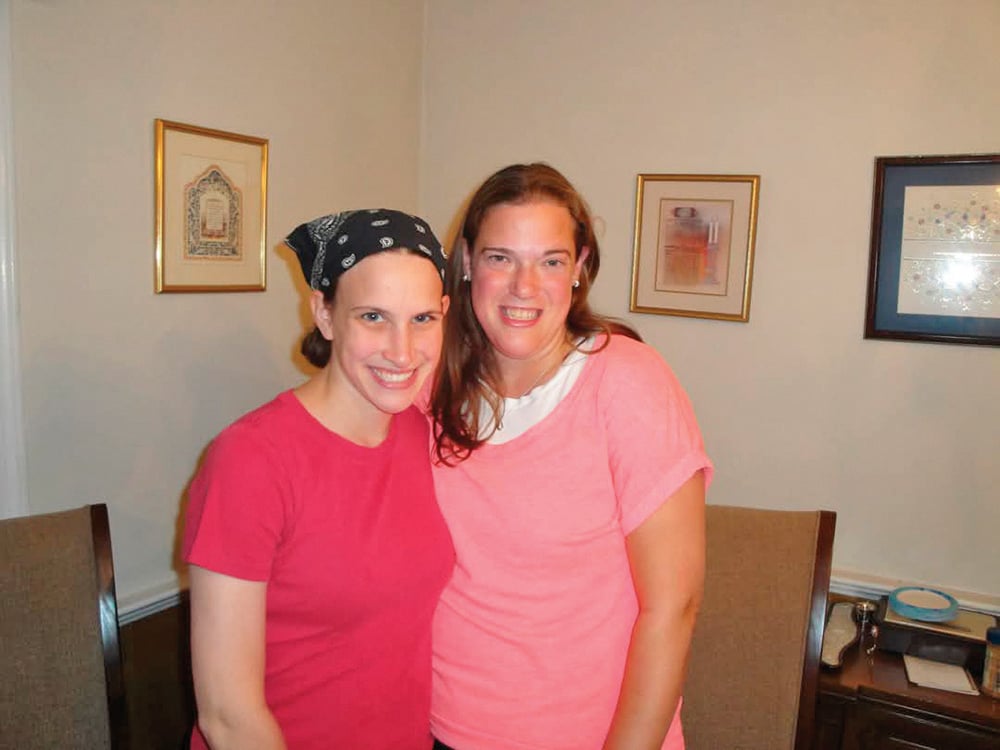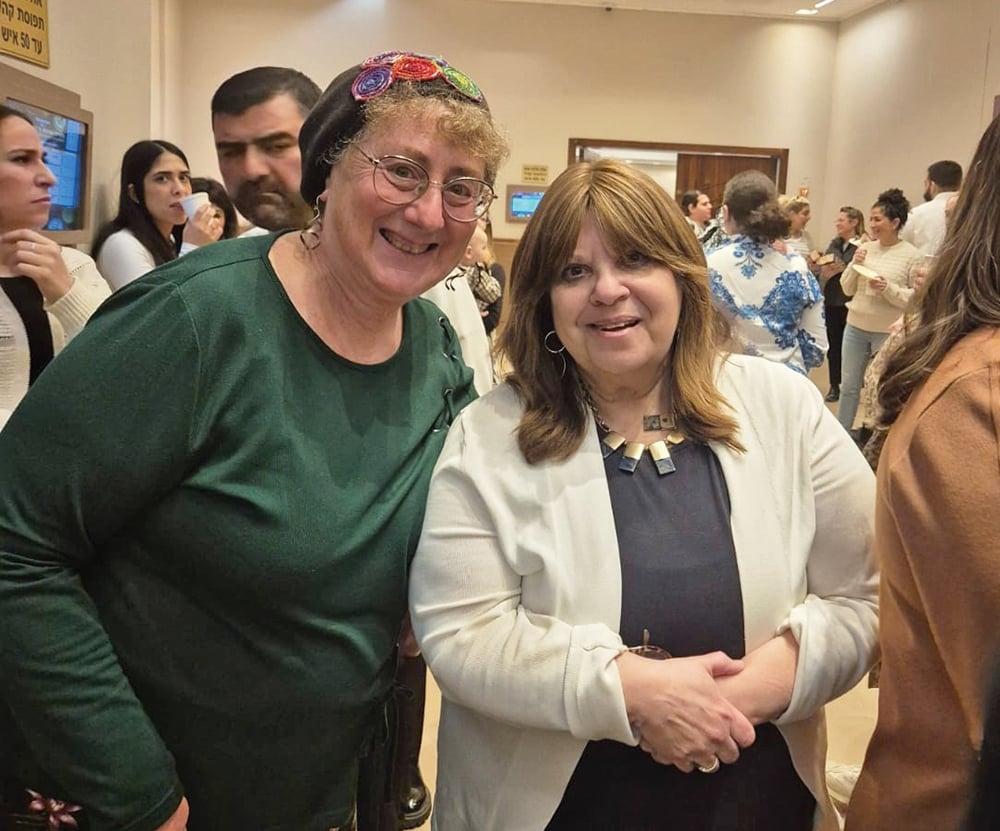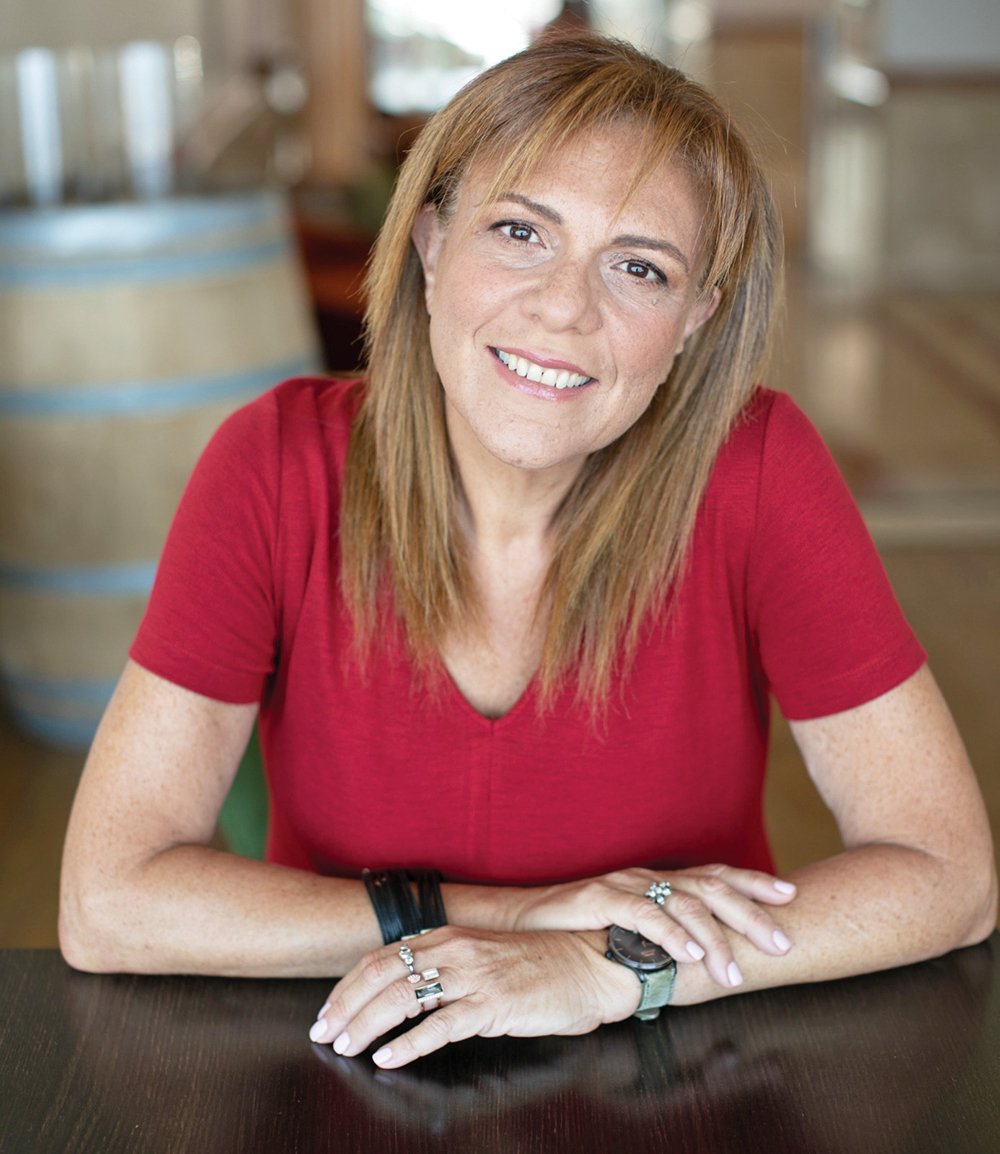
Marion Wiesel, a Shoah survivor, humanitarian and translator of many of her extolled husband Elie Wiesel’s pivotal works, passed away on February 2 at her home in Greenwich, Connecticut. She was 94.
Born Mary Renate Erster on January 27, 1931, in Vienna, Austria, she fled with her mother, and was imprisoned at the Gurs concentration camp. She escaped to Switzerland in 1942 and ultimately immigrated to the U.S. in 1949.
In the late 1950s, Marion married F. Peter Rose and had a daughter, Jennifer. As her marriage was ending, she met Elie Wiesel, who had come to New York in the late 1960s when he was the foreign correspondent with Yedioth Ahronoth. They got married in 1969, and had a son, Elisha.
Marion Wiesel translated 14 of her husband’s books from French to English, including the final edition of his seminal memoir, “Night.” This book, which was published in 1960, is lauded as likely the most consequential contribution devoted to Holocaust memorialization. Wiesel’s account told his story as well as his father’s experiences at Auschwitz and Buchenwald. It was first penned under the title “… Un di velt hot geshvign” (“… And the World Remained Silent”), which had been published in 1956 in Buenos Aires, Argentina, as part of a 175-volume series of Yiddish memoirs of Poland and World War II.
“Never shall I forget that night, the first night in camp, which has turned my life into one long night, seven times cursed and seven times sealed,” wrote Elie Wiesel in “Night.” “Never shall I forget that smoke. Never shall I forget the little faces of the children whose bodies I saw turned into wreaths of smoke beneath a silent blue sky. Never shall I forget those flames, which consumed my faith forever. Never shall I forget the nocturnal silence, which deprived me, for all eternity, of the desire to live.”
“Night” has since been translated into 30 languages, according to the Yiddish Book Center.
To coincide with her husband’s voluminous works over the ensuing decades, Marion Wiesel also wrote and produced the documentary “Children of the Night” and produced television programs such as “The World of Elie Wiesel” and “The Oslo Concert: A Tribute to Peace.”
Elie Wiesel received the 1986 Nobel Peace Prize, and the prize money went towards the Elie Wiesel Foundation for Humanity. Its enduring mission has been to combat discrimination and injustice while promoting international dialogue.
Raya Kalenova, the executive vice president and CEO of the European Jewish Congress, had not met Marion Wiesel but recalled meeting her husband several times at World Holocaust Forum events throughout the years. At an anniversary event in Auschwitz, Kalenova recalled the Nobel Prize laureate saying, “I did not believe when I heard other prisoners talking about murdering hundreds of thousands of Jews in gas chambers that the world would be silent—but the world was silent.”
Alison Jayne Wilson, a documentarian who wrote and directed “The Girl From Salonika,” the story of a 17-year-old Greek girl who was deported to Auschwitz and a victim of Nazi sterilization, told The Jewish Link, “I think the Wiesel [name] is the best example of the importance of bearing witness. It is difficult to bear, and we may be forced to do so many times in our lives. For me, creating films accessible in multiple languages [as Marion also did] is the best way to bear witness. Imagine the decades of feeling from the work and advocacy by the Wiesel family; it’s just so immense.”
The overarching lessons imparted by the Wiesel family are never lost on Wilson, especially when she shot documentary footage in Auschwitz. “For me, visiting concentration camps multiple times and reading [about] the experiments on women and children were just awful. But I just read and read.”
In a statement, Danny Danon, the Israeli Ambassador to the United Nations, said that Marion Wiesel’s “presence at the U.N.’s International Holocaust Remembrance Ceremony each year was a testament to her unwavering commitment to memory and truth.”










